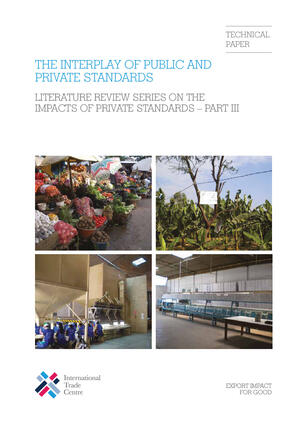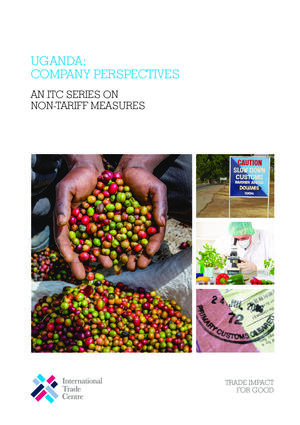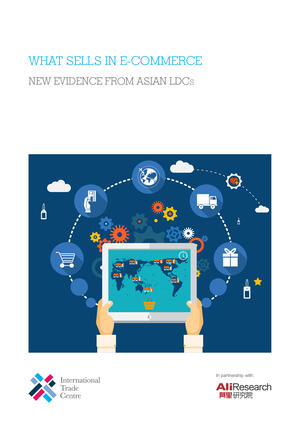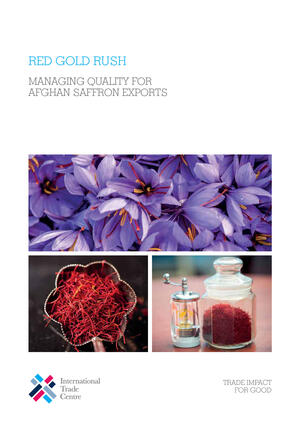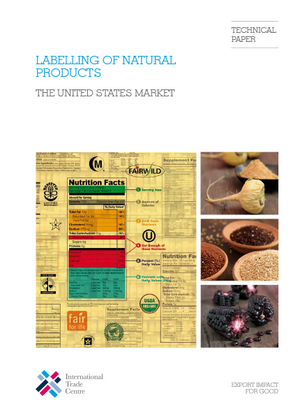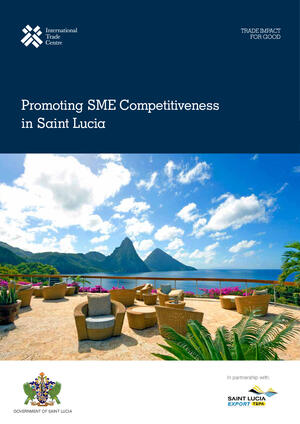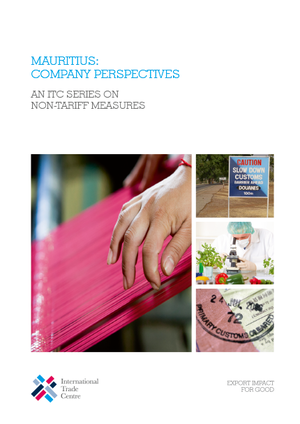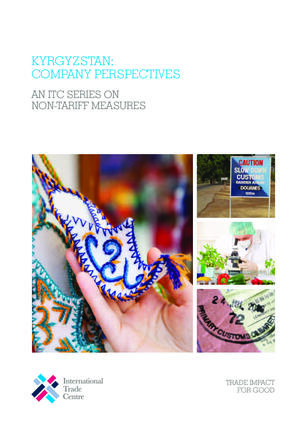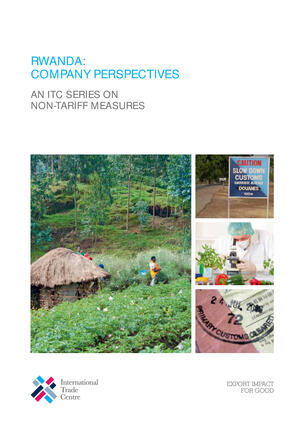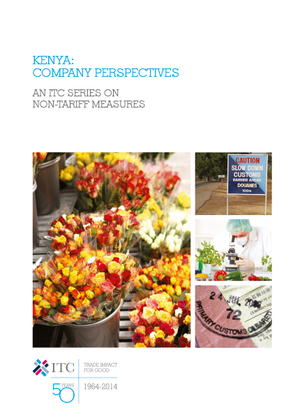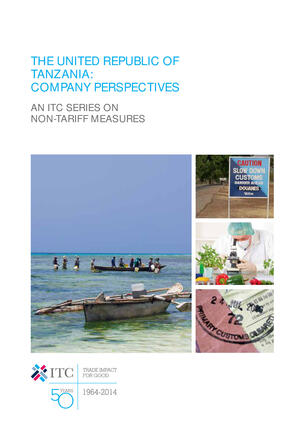The Interplay of Public and Private Standards: Literature Review Series on the Impacts of Private Standards, Part III (en)
Literature review of interdependencies between public and private standards. It focuses on how governments could engage with private standards to impact their legitimacy and significance in the market; provides examples of complementarities between public and private standards. Part three of a...




